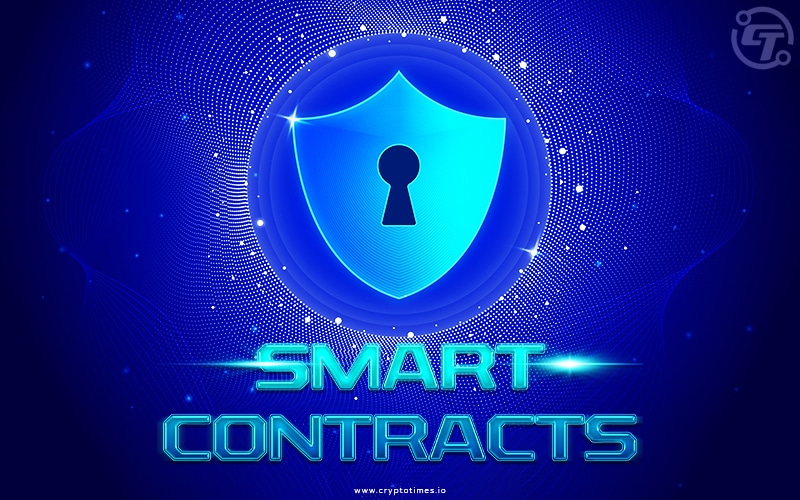Blockchain has become a buzzword in the digital age, but it has the potential to transform the way we do business. The technology allows digital information to be distributed but not copied, creating a verifiable and permanent record of transactions. This makes it possible for people to directly exchange goods and assets with each other without an intermediary, which can reduce cost and improve efficiency when it comes to handling transactions.
Security audits are an important step in the process of creating a secure and fully functioning dApp. Even though it’s easy to get distracted by the bigger, more exciting ideas at the expense of quality and security, a smart contract audit not only serves as an assurance that your smart contracts work as intended, but will also help to ensure that your dApp is ready for prime time.
What are Smart Contracts?
Smart contracts are basically an agreement that is programmed into a blockchain-based platform. Usually they are used to transfer cryptocurrency but can also be utilized for more complex applications.
They are self-executing and require no third party to manage their execution, what this means is that you do not have to worry about being scammed because you will have a digital contract that cannot be altered by anyone. It also allows for more efficient transfer of money and goods between people, thereby making it much easier for companies and agencies to operate.
Also Read : Smart Contracts and what does their future look like?
What is a Security Audit?
A security audit for smart contracts scrutinizes the code underlying a smart contract, including its security and functionality. A smart contract audit can ensure that a smart contract is safe to use, and will function as intended.
The majority of cybersecurity companies need the smart contract in any form (deployed address, source file, access to a github repository containing the code etc), as well as details regarding the business logic of the project to get started with the audit.
These requirements serve the auditors to better understand each client’s specific objectives, goals and needs in order to modify the audit process accordingly.
Usually, most audit providers make an assessment of the contract using an AI tool that checks for the most common issues or vulnerabilities. This however is not a reliable method as there are specific issues that the AI is unable to identify, on top of threats that are purposefully masked within the code.
That is the reason why most of the well known audit providers perform manual line-by-line checks, unit tests, penetration tests, static analysis, edge case business logic, performance improvements and a general inspection for vulnerabilities found within the code.
Once the process is completed, you get a detailed report which includes all findings along with solutions or improvements that can be made for any vulnerabilities or issues found in the smart contract.
What makes a Security Audit important for Smart Contracts?
Hackers often look for vulnerabilities that can be exploited in smart contracts. Therefore, the importance of the audit for blockchain projects cannot be stressed enough. The vast majority of hacks in the crypto space are due to security holes in smart contracts. This is because smart contracts are often used to lock cryptocurrency. This makes them a prime for hackers.
As the cryptocurrency market grows and evolves, hack attacks are becoming increasingly frequent. Most of the major hacks and thefts in the cryptocurrency world could have been prevented if the smart contract code had been properly audited.
In many cases, the code was either not audited at all, or only superficially examined. As a result, critical vulnerabilities went unnoticed until it was too late. That is why it is important to secure your smart contracts as much as possible by conducting thorough audits on them before they are deployed onto a blockchain network.
What are the Platforms that Audit Smart Contracts?
Searching for a company to audit your smart contract can be a difficult and time consuming process, due to the amount of companies that offer this type of service. As a first stop, you can check the more popular ones like Certik, Cyberscope, Hacken, HashEx etc.
The cost, quality of work and turnaround time can vary so you should also take that into consideration when comparing offers from potential partners for your audit, while also having the quality of the end result as one of your top priorities.
Conclusion
Security audits should be the number one priority when developing a blockchain project. The smart contract supporting an idea can be vulnerable to attacks that can cause catastrophic consequences, destroying all of your hard work and investment.
While there are no guarantees that a smart contract can be made 100% secure, there are ways to minimize the risk of attack by auditing the code and proactively searching for any vulnerabilities before they become widely known. This not only protects the company but also gives you credibility among stakeholders and investors in your project.






